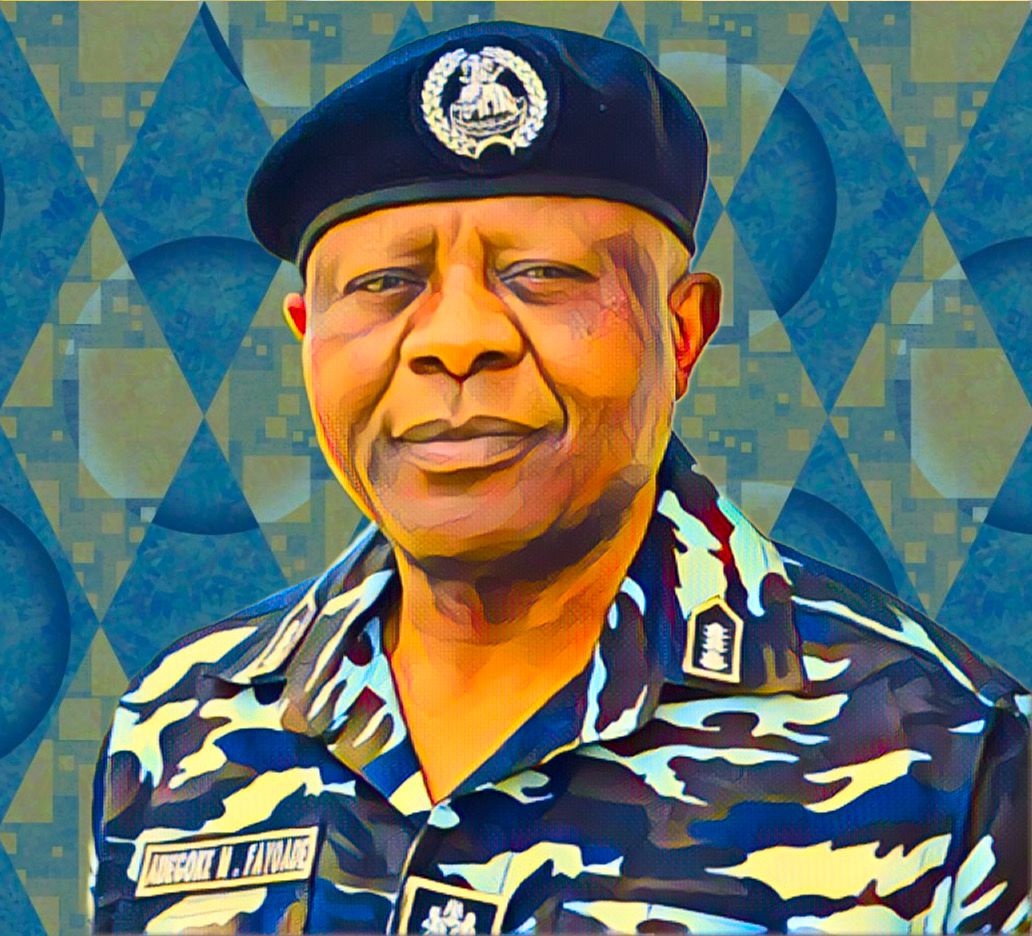In Lagos, the police have confirmed that they will strictly enforce a court order confining protesters to specific locations on the city’s outskirts. The directive comes as a preventive measure to ensure public safety during planned demonstrations against the rising cost of living and poor governance.
The Lagos State Commissioner of Police, Idowu Owohunwa, announced the decision following a high court ruling aimed at regulating protest activities in the bustling commercial hub. The court order restricts protests to two venues: Ojota and Maryland, both situated away from the city’s center, to minimize disruptions and potential violence.
Commissioner Owohunwa emphasized the police force’s commitment to upholding the law while safeguarding citizens’ rights to peaceful assembly. “We recognize the importance of allowing citizens to express their views, but this must be done within the boundaries set by the court to maintain order and security,” he stated.
The court order arose from concerns about the possibility of protests escalating into violence, as seen in previous demonstrations. Authorities aim to balance the protesters’ rights with the need to maintain peace and order in one of Africa’s largest cities.
The police have been instructed to ensure that protest organizers adhere to the stipulated locations and that participants conduct themselves peacefully. The Commissioner warned that any deviation from the designated areas or unruly behavior would be met with appropriate action to maintain law and order.
Protest organizers have expressed dissatisfaction with the restrictions, arguing that the designated venues limit their ability to effectively convey their message to the government. However, they have pledged to cooperate with authorities to ensure that the demonstrations remain peaceful.
The court’s decision highlights the delicate balance between maintaining public order and respecting citizens’ rights to free expression. As Lagos prepares for the upcoming protests, all eyes are on how both the authorities and protesters will navigate these challenges.
Despite the constraints, protest leaders remain hopeful that their message will resonate with the public and the government, leading to meaningful dialogue and change. This approach reflects the ongoing struggle for democratic rights and governance in Nigeria, underscoring the need for constructive engagement between citizens and authorities.
As the city braces for the demonstrations, there is a shared hope that the protests will spark meaningful discussions and lead to solutions addressing the country’s pressing issues.


